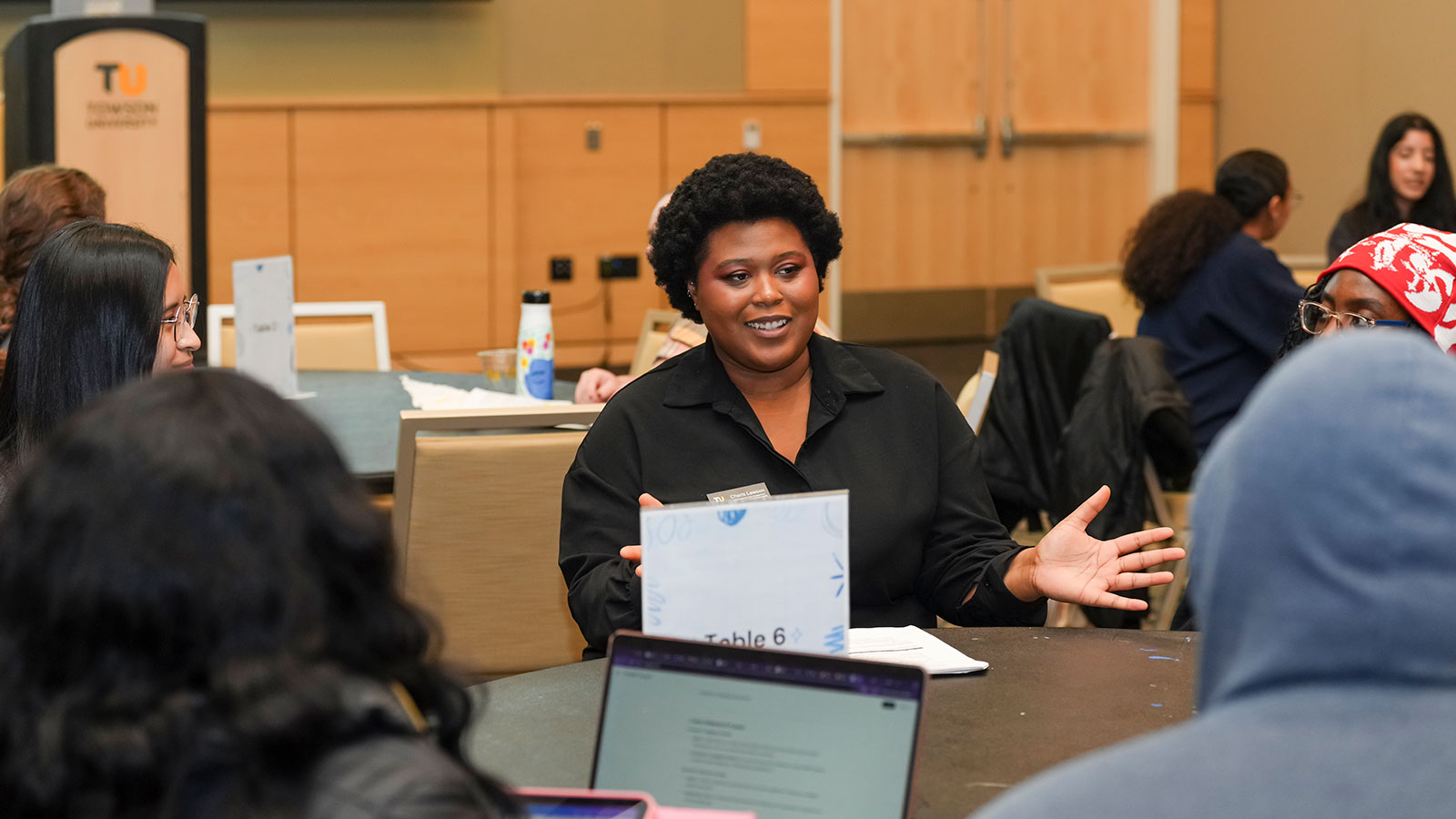Is hate speech protected?
Where free speech protections end and how to respond to hateful remarks in the moment
Freedom of speech is a core value of democracy and a constitutionally protected right that must be upheld by all U.S. government entities, including public colleges and universities. Understanding whether hate speech is protected by the Constitution requires a fact specific assessment of its content and impact.
Free speech is broadly protected
The U.S. founders considered freedom of speech so fundamental to democracy that they enshrined it in the First Amendment to the Constitution. The First Amendment is part of the Bill of Rights, which guarantees certain individual liberties to citizens. It protects individuals’ right to express ideas and opinions—even offensive ones—without fear of government interference.
The founders understood the subjective and shifting nature of public opinion and wanted to avoid establishing the government as its arbiter. Instead, they envisioned a society in which controversial points of view were explored through open dialogue and debate.
While organizations can set appropriate limits on the time, place and manner for expressive activities, the Supreme Court has repeatedly reinforced First Amendment protections to support public dialogue and debate.
Speech is powerful. It can stir people to action, move them to tears of both joy and sorrow, and—as it did here—inflict great pain. On the facts before us, we cannot react to that pain by punishing the speaker. As a nation we have chosen a different course—to protect even hurtful speech on public issues to ensure that we do not stifle public debate.
Supreme Court Chief Justice John Roberts Jr.
Hate speech: what’s protected, what’s not
Hate speech is defined by the United Nations as “offensive discourse targeting a group or an individual based on inherent characteristics (such as race, religion or gender) and that may threaten social peace.” While hate speech may be deeply offensive, hurtful and degrading, it is generally protected by the First Amendment. There are, however, certain limited exceptions. While free speech protections are generally broad, the Supreme Court has clarified that serious and specific threats of physical violence, defamation, unlawful harassment or speech that incites imminent lawless action are not protected by the First Amendment. Nor is unlawful conduct such as vandalism, trespassing or assault.
In accordance with TU policy 06-01.20, a report of a hate crime or bias incident on TU’s campus will be evaluated by the university. If appropriate, the report may be subject to criminal investigation by the Towson University Police Department or further investigation by the Office of Equity Compliance. Such incidents should be reported as soon as possible. As a public institution, TU must consider free speech and principles of academic freedom as part of those investigations. The university will also assess whether the incident violated the Code of Student Accountability, University System of Maryland standards for professional conduct and/or TU’s policies on non-discrimination and threats and violence.
How to respond to hate speech
Knowing that most hate speech is constitutionally protected doesn’t mean it’s easy to hear. If you encounter hurtful or divisive remarks, address them calmly and directly—either in the moment or once you’ve had a chance to think through your response.
When it comes to difficult conversations, it’s good to go outside your comfort zone but not into the danger zone. Depending on the situation, you might be assertive and say, ‘This is how it makes me feel when you say that, and here’s why,’ or you might decide that the conversation is not ready to be had. Either way, know it’s not your job to change someone’s opinion. However, sharing your personal experiences might offer them a new perspective.
Charis Lawson, coordinator for civic engagement
When it’s better to walk away from a conversation in the moment, you may want to offer your perspective later in writing or talk through it with a friend or counselor at TU’s Counseling Center. The Office of Civic Engagement and Social Responsibility (CESR) offers opportunities to engage in civic dialogue at regular community conversations and collective reflections throughout the year.

